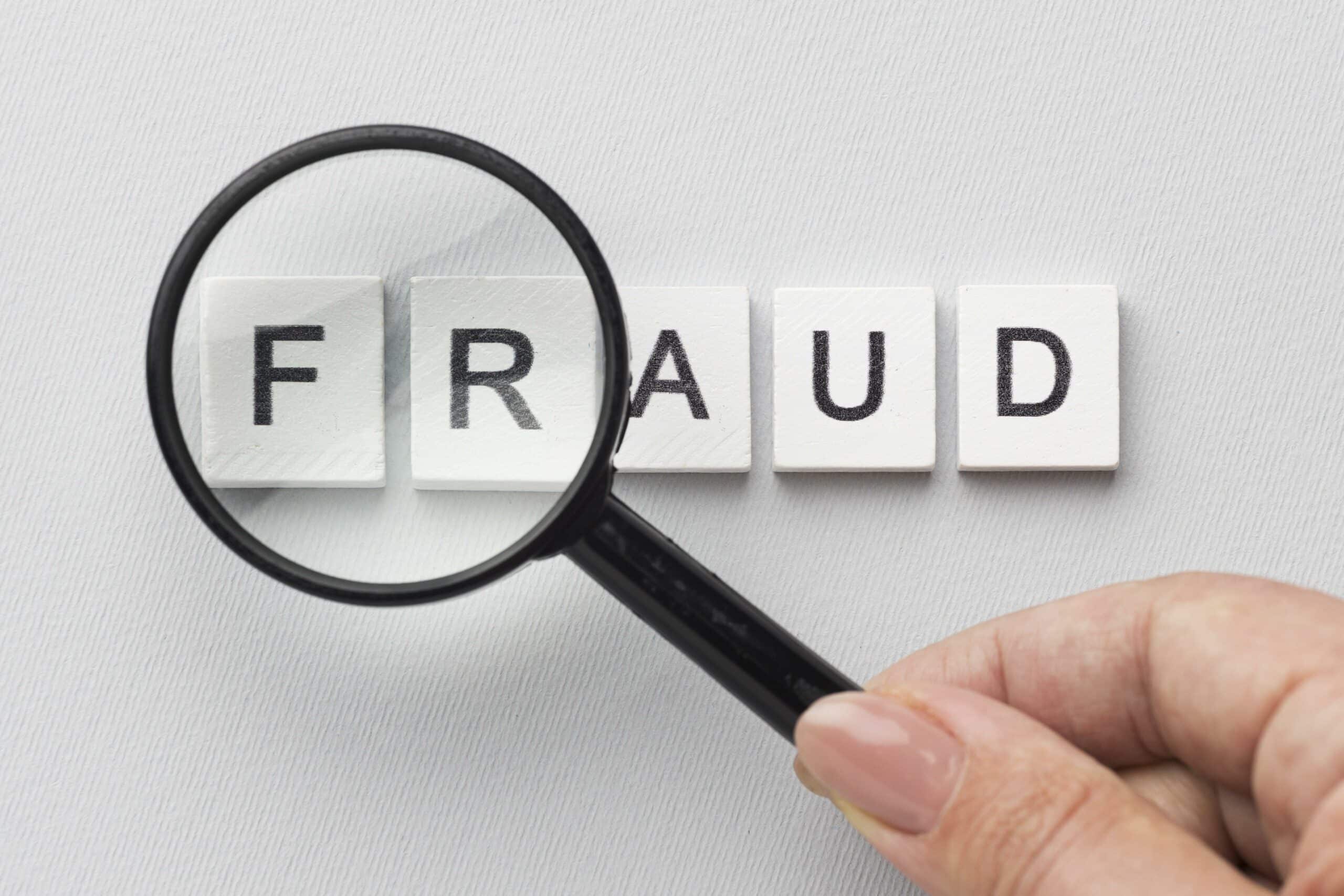
Fraud
Fraud is a deliberate act of deception intended to secure an unfair or unlawful gain at the expense of another party. In legal terms, fraud occurs when one party knowingly misrepresents information or conceals facts to mislead another party into making decisions that result in financial loss or damage. Fraud can arise in various situations, including financial transactions, insurance claims, contracts, and personal injury cases. At 770GoodLaw, we help clients affected by fraud hold responsible parties accountable, seeking compensation for damages and advocating for fair practices.
Key Elements of Fraud
To prove fraud in a legal context, several critical elements must be established:
- Misrepresentation of Fact: The defendant knowingly made a false statement or misrepresented a material fact.
- Knowledge of Falsity: The defendant was aware that the statement was false or misleading at the time it was made.
- Intent to Deceive: The defendant intended for the other party to rely on the misrepresentation.
- Justifiable Reliance: The plaintiff reasonably relied on the false information provided.
- Resulting Damages: The plaintiff suffered financial loss or harm as a direct result of the fraudulent actions.
Common Types of Fraud
Fraud can occur across various industries and situations, often causing significant harm to individuals and businesses. Common types of fraud include:
- Insurance Fraud: Involves deceitful practices to gain improper insurance payouts, such as filing false claims or exaggerating damages.
- Contract Fraud: Occurs when one party provides false information or conceals important details to induce another party to enter a contract.
- Identity Theft and Financial Fraud: Using someone else’s identity or financial information to secure unauthorized benefits, such as loans or credit.
- Health Care Fraud: Includes billing for unnecessary treatments, overcharging, or other fraudulent billing practices within the healthcare industry.
- Real Estate and Mortgage Fraud: Involves deceptive practices in property transactions, such as falsifying income for a mortgage or misrepresenting property conditions.
Consequences of Fraud
Fraud has both civil and criminal consequences, depending on the circumstances and severity of the case. Potential consequences include:
- Civil Liability: In civil cases, the perpetrator may be required to pay compensatory damages to the victim for financial losses.
- Criminal Charges: Serious cases of fraud can lead to criminal prosecution, resulting in fines, imprisonment, and a criminal record.
- Punitive Damages: In cases where the fraud is particularly egregious, courts may award punitive damages to penalize the defendant and deter future fraud.
- Reputational Damage: Individuals and businesses found guilty of fraud often suffer long-lasting reputational harm, impacting their credibility and future opportunities.
Defending Against Fraud Claims
Being accused of fraud can have serious repercussions, and building a defense requires demonstrating that one or more elements of fraud are missing. Common defenses against fraud claims include:
- Lack of Intent: Proving that there was no intent to deceive or mislead the plaintiff can help refute a fraud claim.
- Truthful Representation: If the statements made were truthful and accurate, it may be possible to dismiss the claim.
- No Justifiable Reliance: Arguing that the plaintiff’s reliance on the alleged misrepresentation was not reasonable or justified can be an effective defense.
- Lack of Damages: If the plaintiff cannot demonstrate actual harm or financial loss, the fraud claim may be weakened or dismissed.
Steps to Take if You Suspect Fraud
If you believe you are a victim of fraud, taking immediate action is essential to protect your rights and minimize financial loss. Key steps include:
- Gathering Documentation: Collect all relevant documents, such as contracts, receipts, emails, and correspondence, that may serve as evidence of fraud.
- Contacting the Authorities: Report suspected fraud to relevant authorities, such as law enforcement, regulatory bodies, or insurance companies.
- Consulting with an Attorney: Legal representation can help you understand your options, gather evidence, and build a case for recovery.
- Monitoring Financial Accounts: If financial fraud is involved, closely monitor your accounts for further suspicious activity and report it promptly.
How 770GoodLaw Assists Clients with Fraud Claims
At 770GoodLaw, we understand the impact that fraud can have on individuals and businesses, and we are dedicated to helping our clients seek justice. Our approach to fraud cases includes:
- Investigating Claims Thoroughly: We conduct comprehensive investigations to gather evidence of fraud, working with experts when needed to establish the case.
- Building a Strong Legal Argument: Our team compiles evidence, documentation, and witness statements to demonstrate the elements of fraud clearly and effectively.
- Seeking Full Compensation: We pursue compensation for financial losses, emotional distress, and, where applicable, punitive damages to hold fraudsters accountable.
- Defending Against Fraud Allegations: For clients facing fraud accusations, we develop a defense strategy aimed at protecting their rights and refuting unfounded claims.
Importance of Legal Representation in Fraud Cases
Fraud cases involve complex legal issues, high evidentiary standards, and often substantial financial stakes. Skilled legal representation ensures that your rights are protected and that your case is presented effectively in court. At 770GoodLaw, we provide dedicated support for clients affected by fraud, helping them secure compensation and justice.
Why Choose 770GoodLaw for Fraud Cases
Our commitment to Relentless Reliability and Sincetegrity drives us to offer comprehensive, client-centered support in fraud cases. At 770GoodLaw, we work tirelessly to protect our clients’ rights, recover their losses, and hold fraudulent parties accountable.
